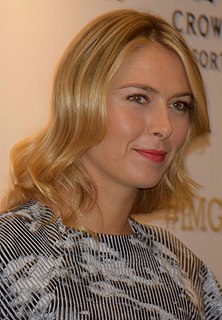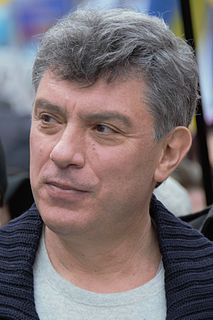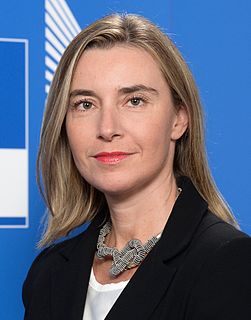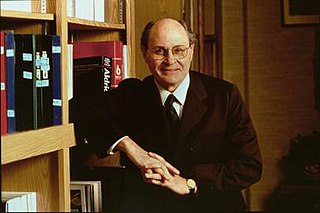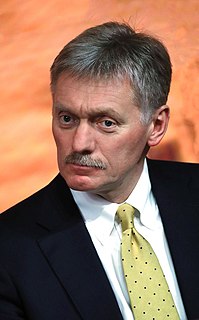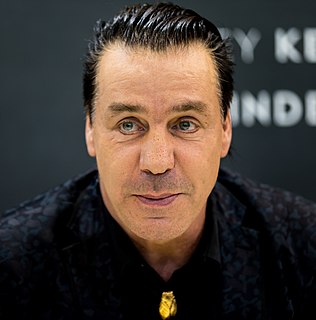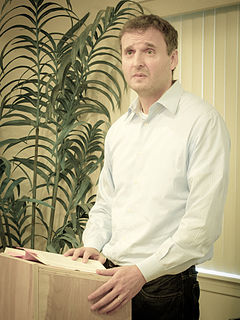A Quote by Tom Reiss
The first generation of Russian terrorists came out of the '60s counterculture - the 1860s in Russia bearing a striking similarity to the 1960s in the United States, with Russian students growing their hair, following gurus who extolled the 'new man,' and starting communes.
Related Quotes
Vladimir Putin is a Russian czar. He's kind of a mix of Peter the Great and Stalin. He's got both in his veins. And he looks out first and foremost for the national security interests of Russia. He accepts that, in Eastern Europe, that is a Russian backyard, that is a Russian sphere of influence. Ukraine lives most uncomfortably and unhappily in a Russian backyard.
I don't think Americans realize the degree to which they are the main subject of Russian television news. Every night there's news from the United States and scandals about the United States, and every night the United States is shown to be an enemy of Russia over and over and over again. And this is, of course, useful to the Russian president, because it's, we have this big and important enemy - you need me here to fight back.
Most British playwrights of my generation, as well as younger folks, apparently feel somewhat obliged to Russian literature - and not only those writing for theatres. Russian literature is part of the basic background knowledge for any writer. So there is nothing exceptional in the interest I had towards Russian literature and theatre. Frankly, I couldn't image what a culture would be like without sympathy towards Russian literature and Russia, whether we'd be talking about drama or Djagilev.
Russia does not have a modern economy: it's a petro-power. The only thing it sells that the world wants to buy is oil and natural gas. When was the last time anyone bought a Russian computer? A Russian car? A Russian cell phone? Russia is so dependent on high energy prices that if oil falls below $100 a barrel, the Kremlin can't meet payroll.
I am proud of Russia and I am sure that the vast majority of Russian citizens have great love and respect for their Motherland. We have much to be proud of: Russian culture and Russian history. We have every reason to believe in the future of our country. But we have no obsession that Russia must be a super power in the international arena. The only thing we do is protecting our vital interests.
There are certain people in the United States and they want to and they insist on, upon using Russian card in their game, but domestic game. We're very sorry about that and we consider it wrong actually because, well, further damage to our relationship is not in the interest of our people, people of the United States and people of the Russian federation.
I understand why Vladimir Putin is very popular in Russia - he's probably the first Russian leader to not apologize for being Russian. People always pin it down to one man, but there's hundreds of millions of Russians of various sorts. Putin does seem to be very popular in Russia, if only because he stands up for Russians wherever they are, which is exactly what Americans do with Americans, of course.
25 million of Russian people suddenly turned out to be outside the borders of the Russian Federation. They used to live in one state; the Soviet Union has traditionally been called Russia, the Soviet Russia, and it was the great Russia. Then the Soviet Union suddenly fell apart, in fact, overnight, and it turned out that in the former Soviet Union republics there were 25 million Russians. They used to live in one country and suddenly found themselves abroad. Can you imagine how many problems came out?





